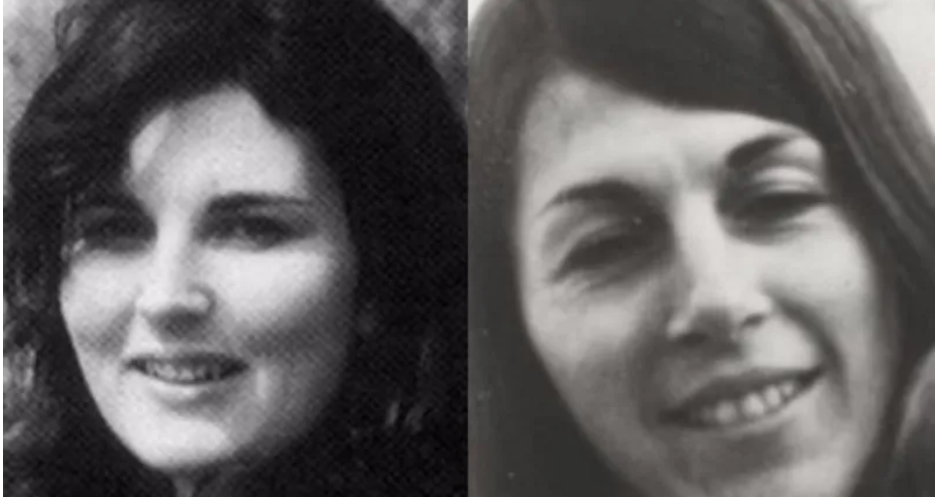Australian suspect in 1977 murders extradited from Italy
A man sought in connection with one of Australia’s most notorious cold cases, the Easey Street murders, is returning to the country after being extradited from Italy.
Suzanne Armstrong, 27, and Susan Bartlett, 28, were brutally stabbed to death in their Melbourne home in 1977, a case that has captivated the nation for decades.
Authorities say Perry Kouroumblis, 65, became a suspect only in recent years, following breakthroughs in DNA testing.
Kouroumblis, who has not been charged and maintains his innocence, was arrested in Italy in September. He is expected to arrive in Australia late Tuesday.
The investigation into Kouroumblis began just after the murders, when the then-17-year-old claimed to have found a bloodied knife near the crime scene on Easey Street in Collingwood, a central Melbourne suburb.
The bodies of Armstrong and Bartlett were discovered three days after they were last seen. Armstrong’s infant son was found unharmed in his cot at the scene.
Both women had been stabbed over a dozen times, and Armstrong was sexually assaulted, according to police.
The case has remained a focal point of public attention, inspiring major police appeals, true crime books, and a popular podcast. In 2017, Victoria Police offered a reward of A$1 million for information.
Describing the murders as “absolutely gruesome, horrific, frenzied homicide,” Commissioner Shane Patton announced Kouroumblis’s arrest in Rome in September. Kouroumblis holds dual Greek-Australian citizenship.
“This was a crime that struck at the heart of our community – two women in their own home, where they should have felt their safest,” he said.
Police had issued an Interpol red notice for Mr Kouroumblis on two charges of murder and one of rape, after he left Australia about seven years ago.
But he was not able to be arrested in Greece, where he had been living, as the country’s law requires murder charges to be laid within 20 years of an alleged crime.
At the time of Mr Kouroumblis’s arrest, the women’s families released a statement, saying their lives had been changed “irrevocably” by the murders.
“For two quiet families from country Victoria it has always been impossible to comprehend the needless and violent manner in which Suzanne and Susan died,” the statement read.
Addressing police, they said: “For always giving us hope and never giving up, we simply say, thank you.”



